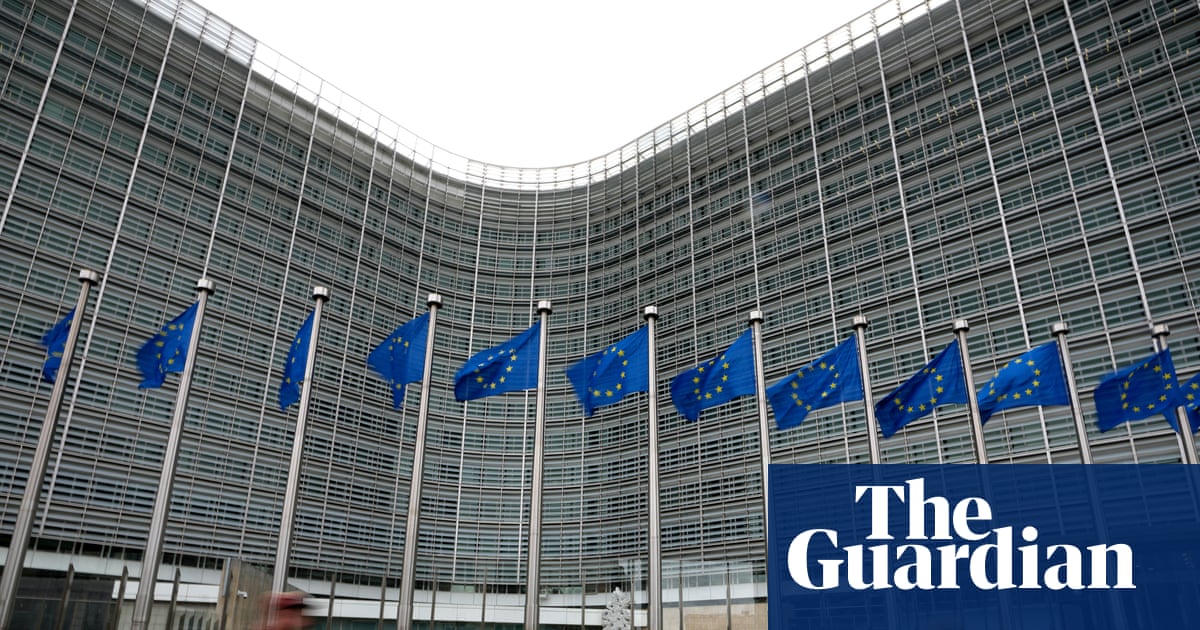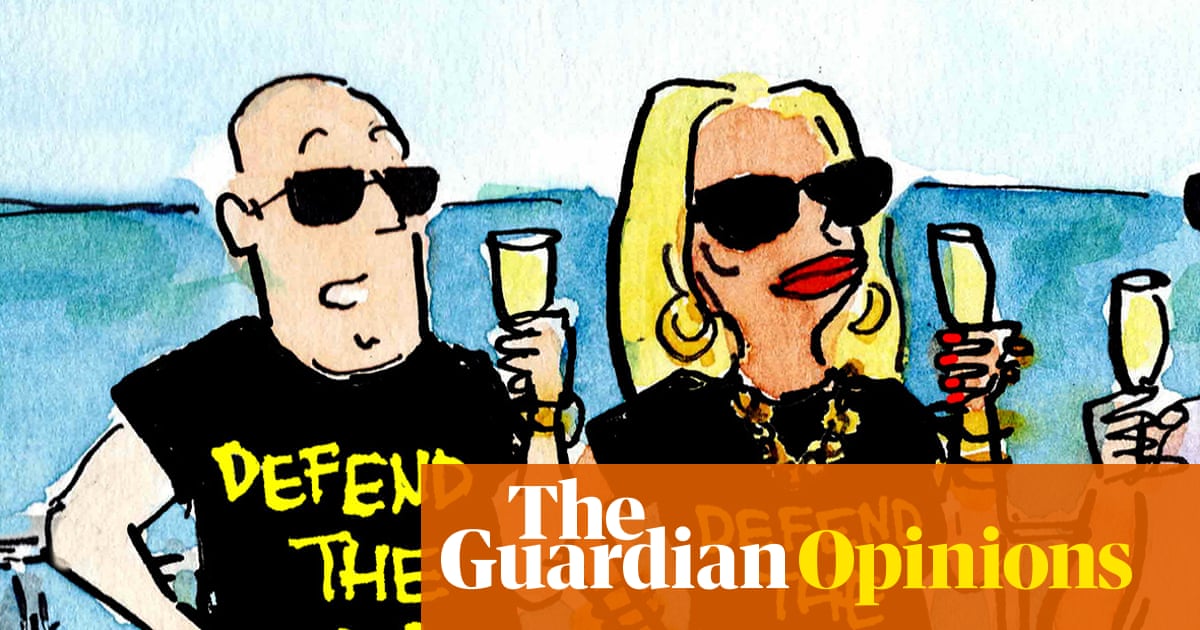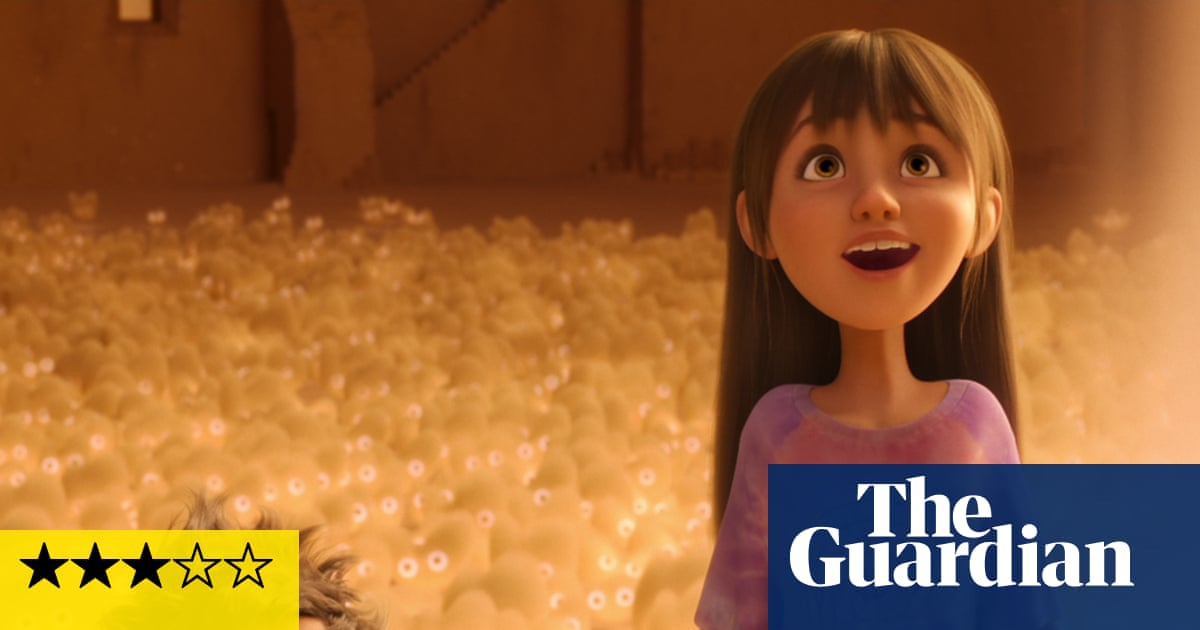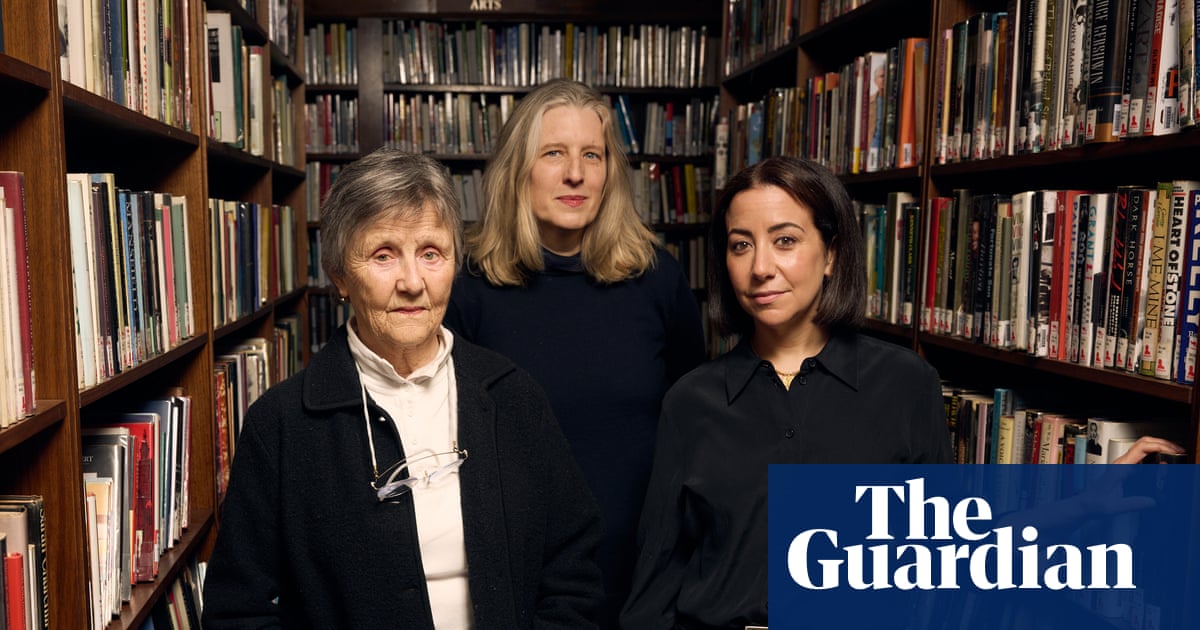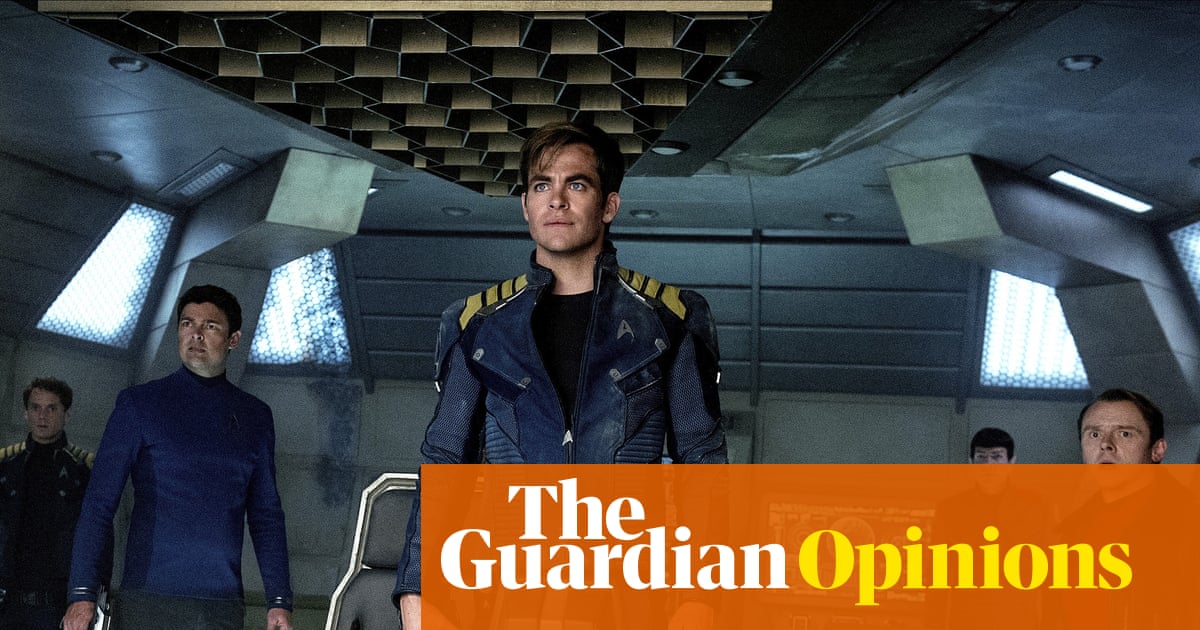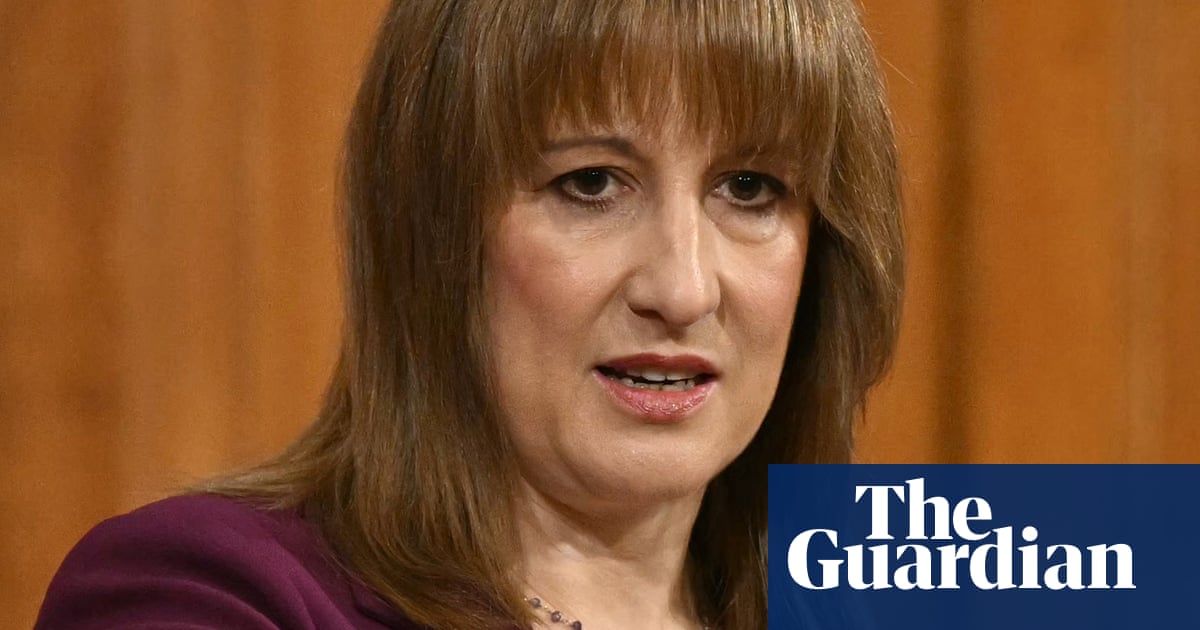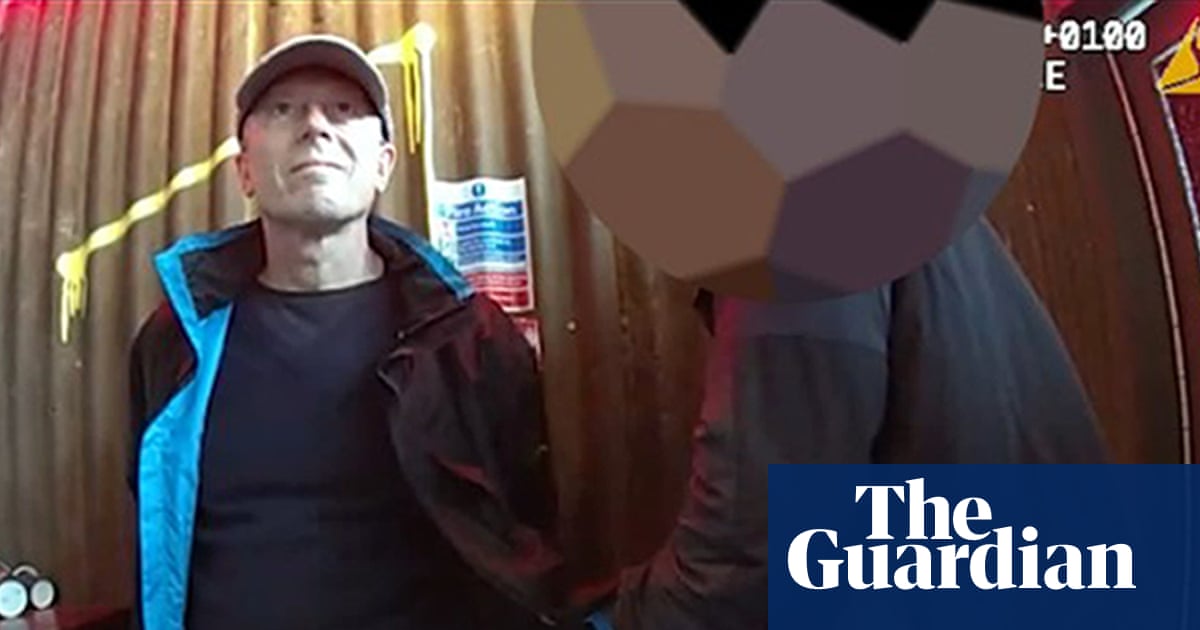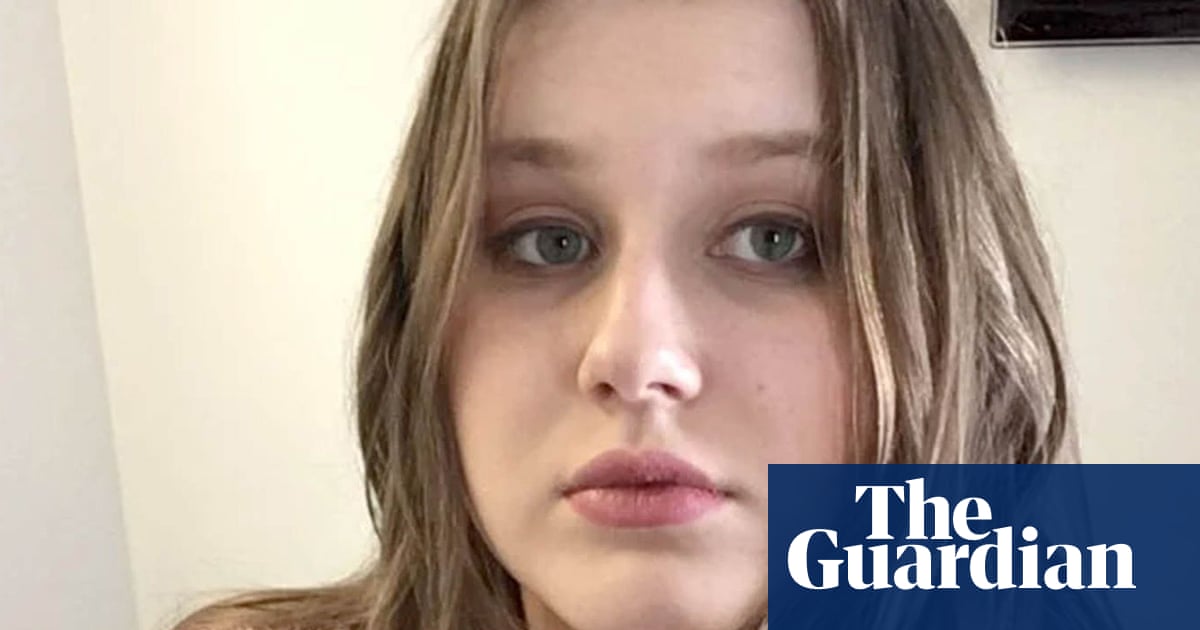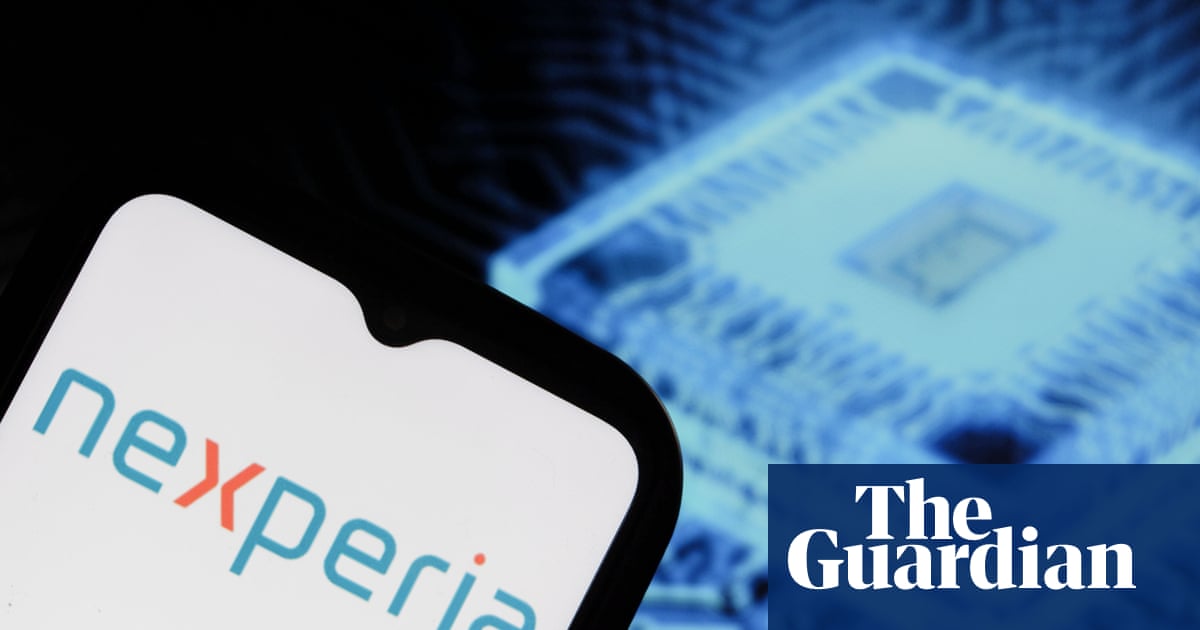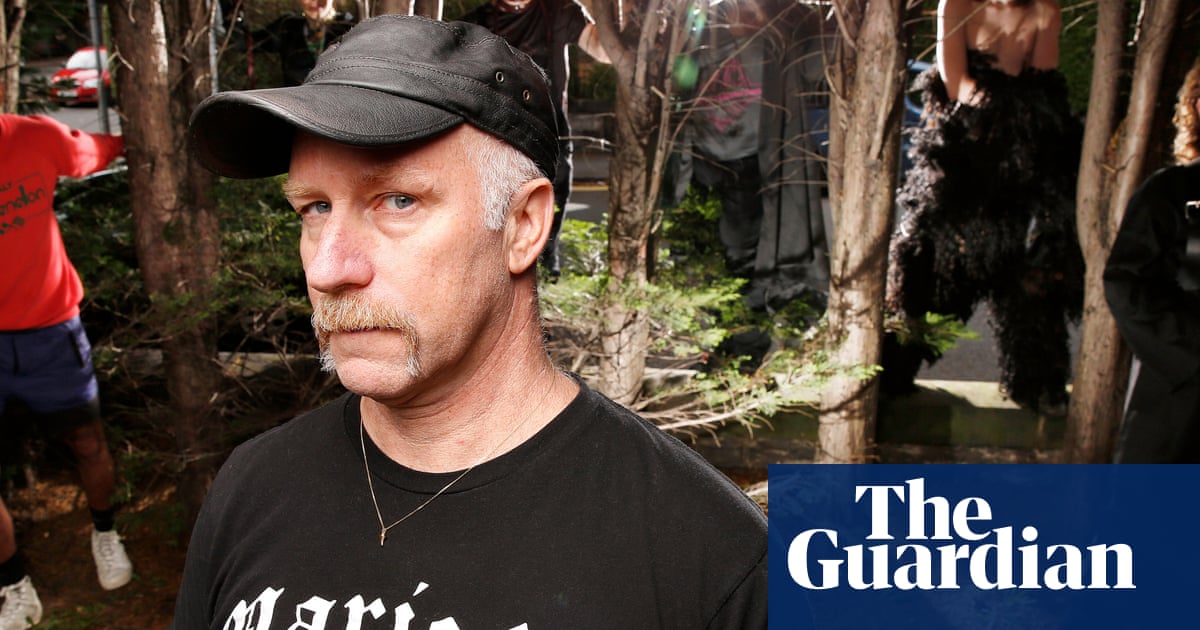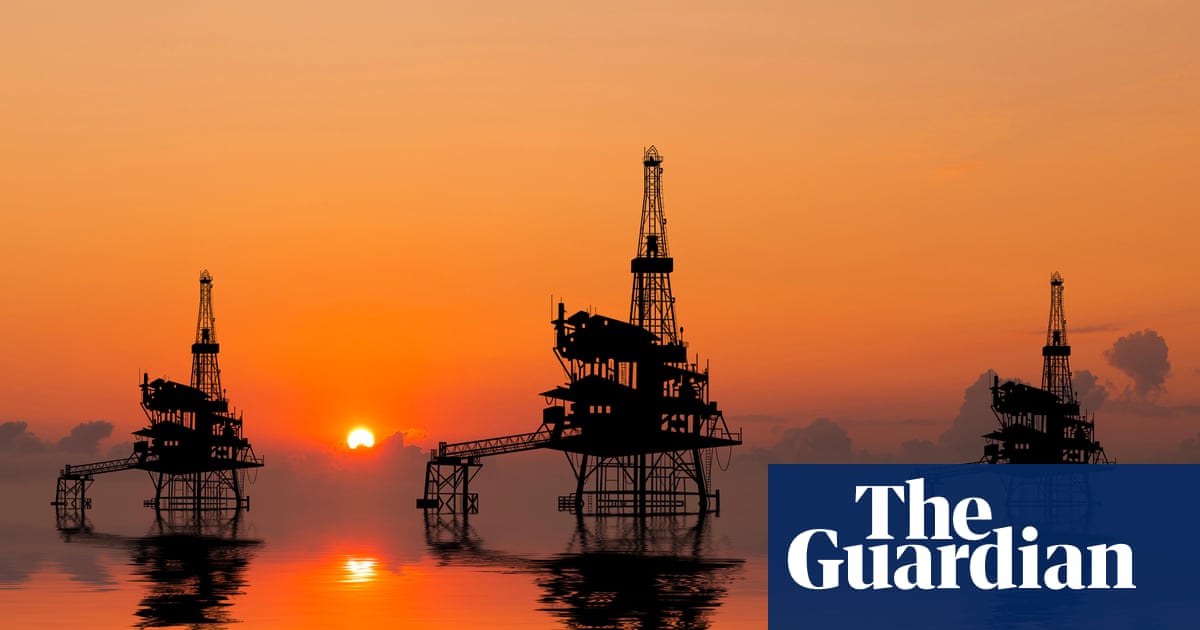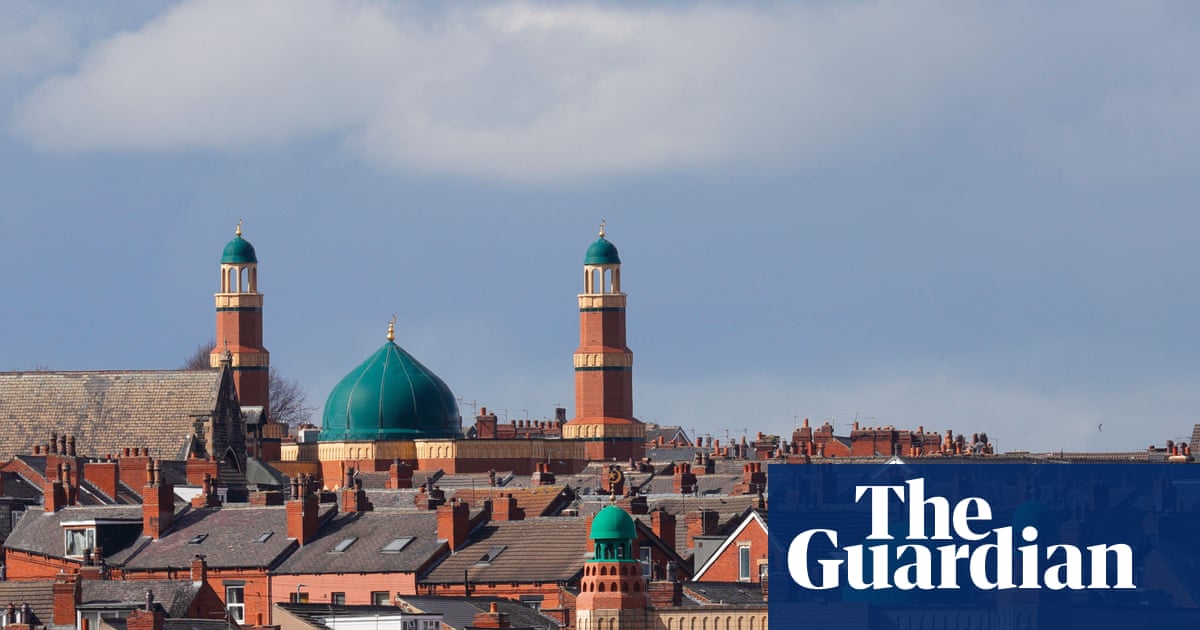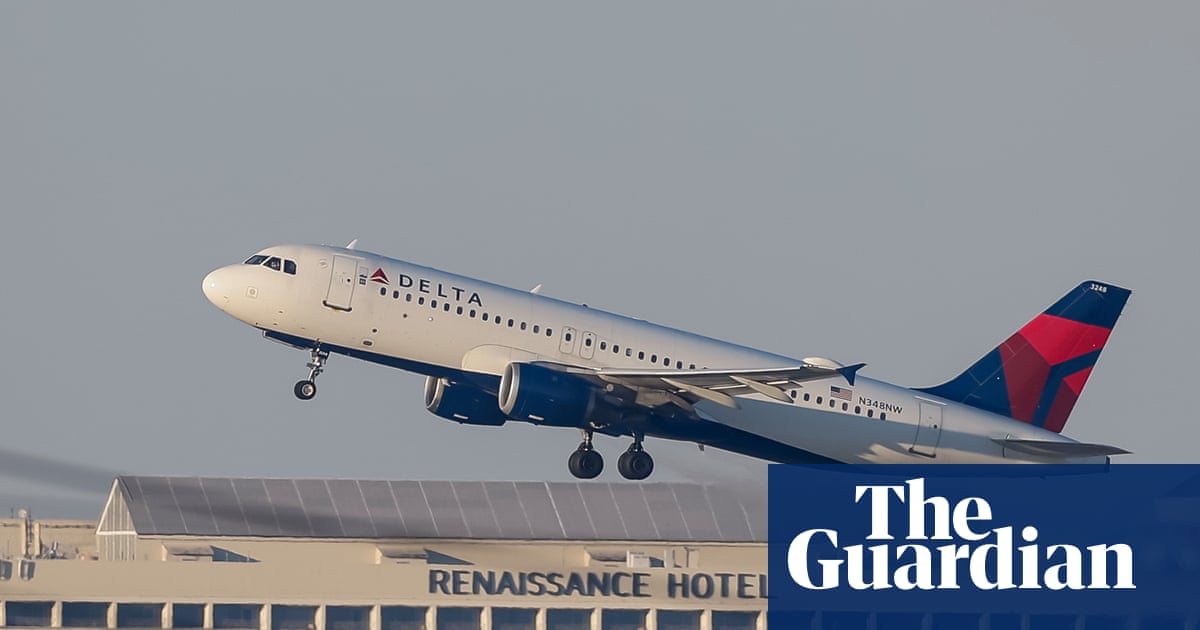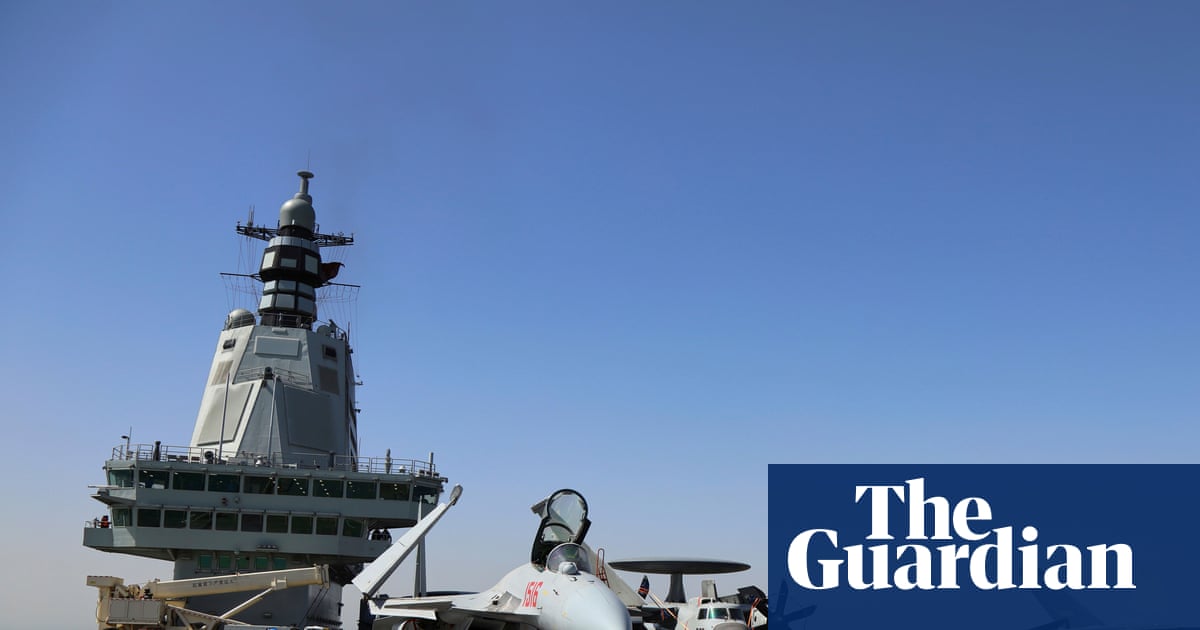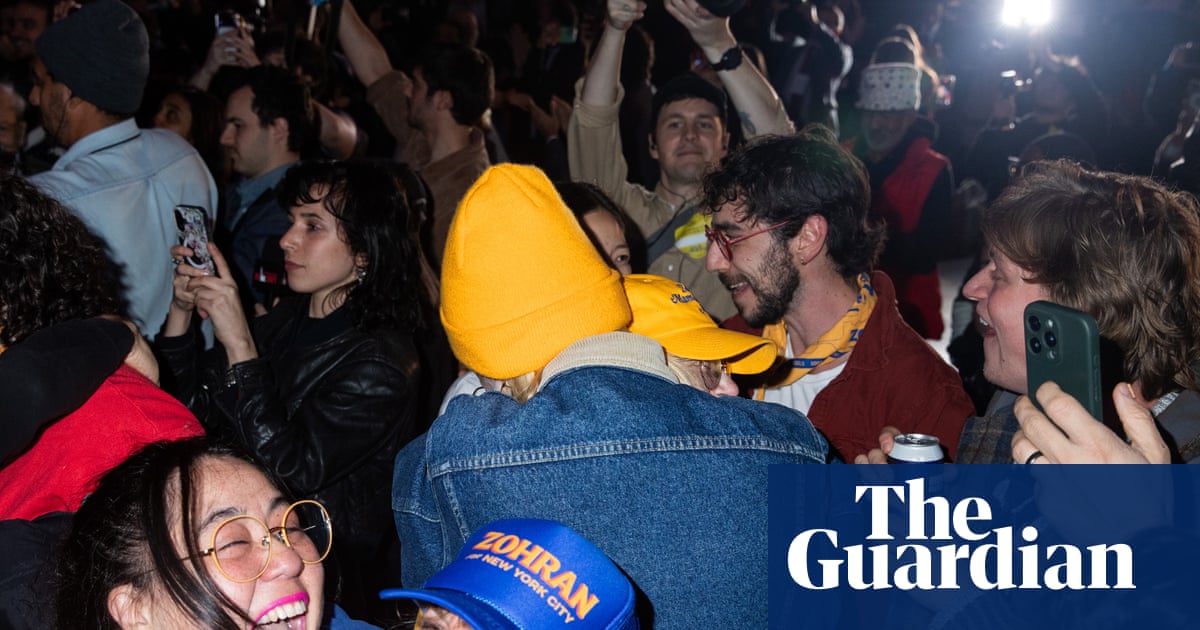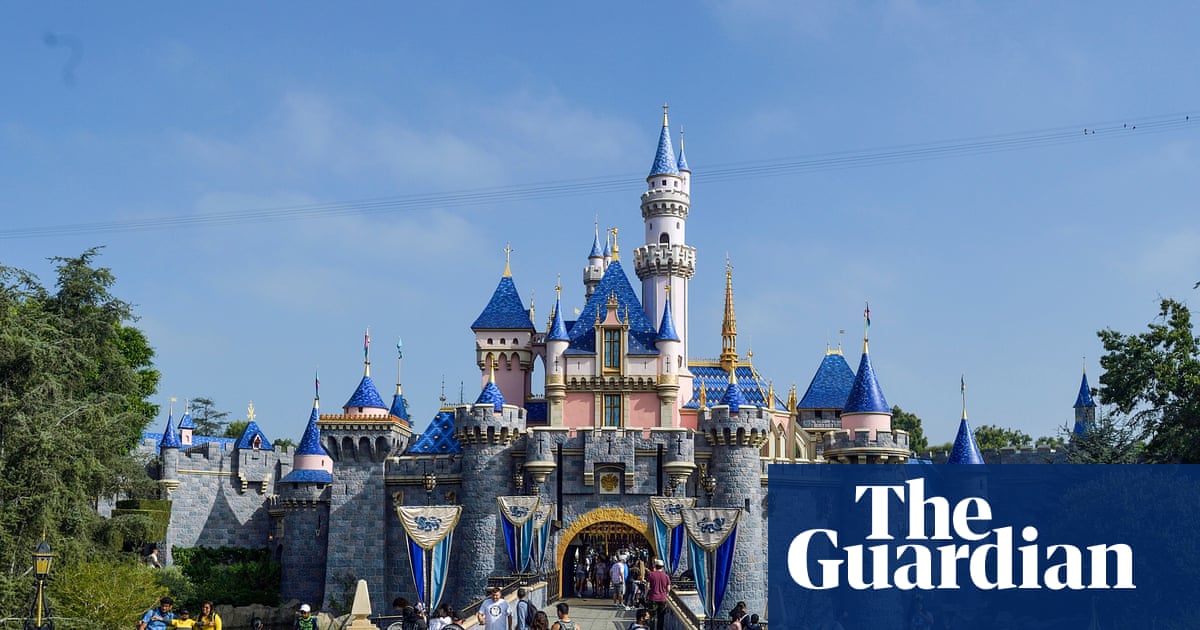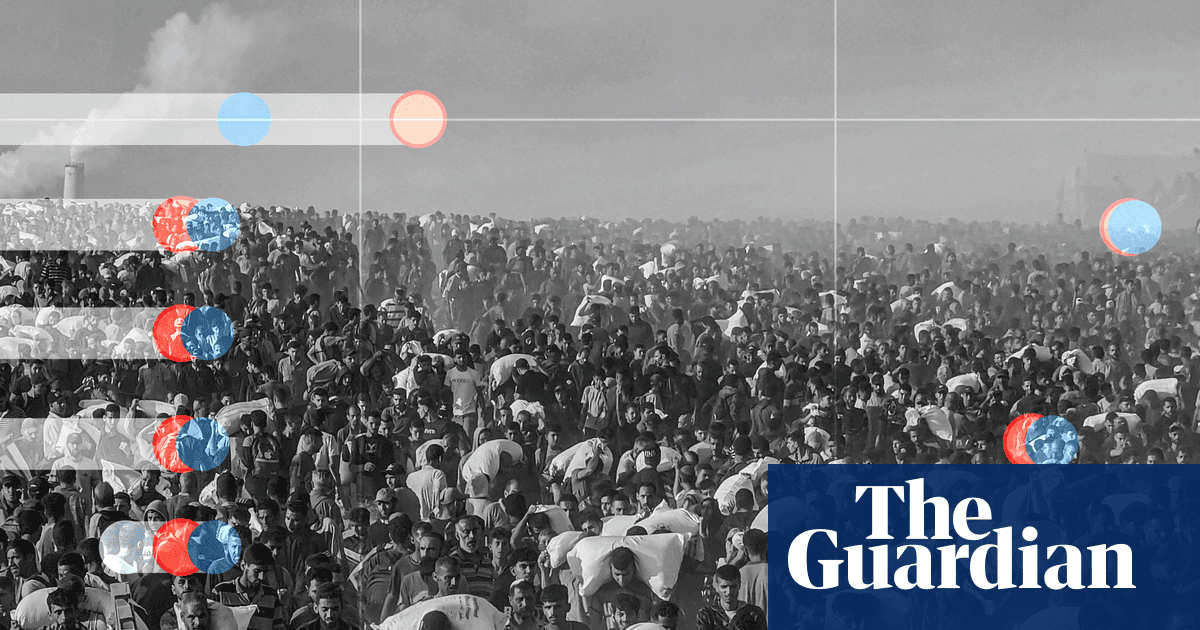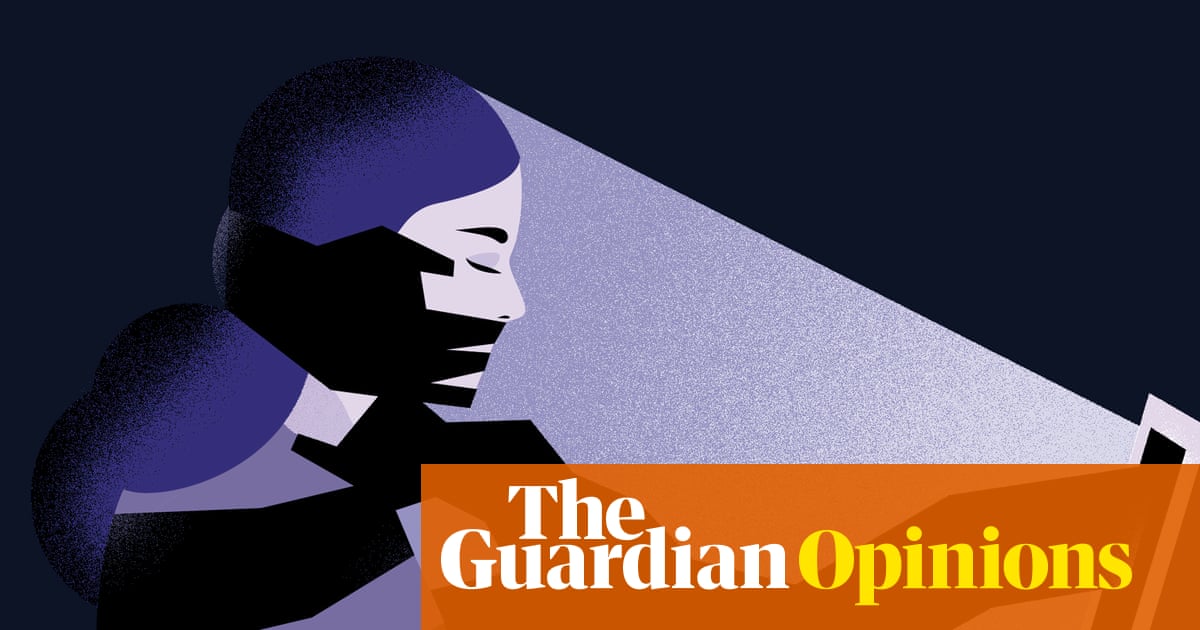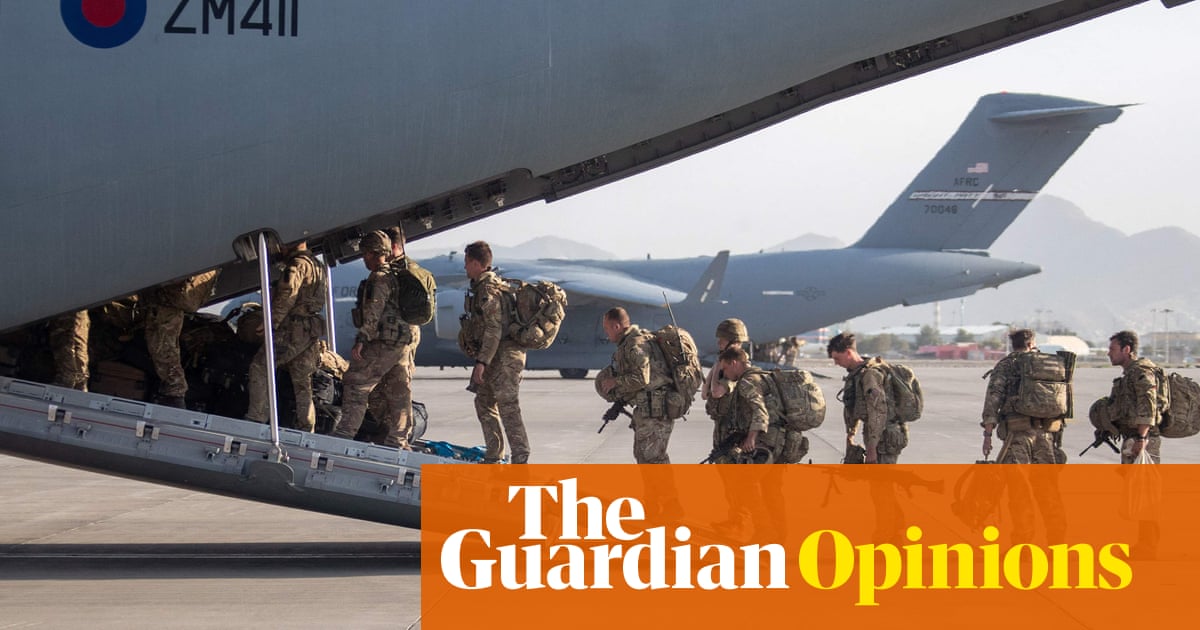Trump gives Russia '10 or 12' days to move on Ukraine as 'no progress made'
Speaking at a press spray with UK prime minister Starmer, Trump got asked about his earlier comments on Russia and shortening the deadline for a peace deal on Ukraine.
In a clear bid to put more pressure on Russia, he says he will cut it down to “10 or 12” days before there’s no progress made.
“I’m going to make a new deadline, of about 10, 10 or 12 days from day. There’s no reason for waiting. It was 50 days, I wanted to be generous, but we just don’t see any progress being made.”
Key events Show key events only Please turn on JavaScript to use this feature
'He's got to make a deal,' Trump tells Putin as he threatens to use secondary tariffs on Russia
Trump got also asked if he thought Putin was lying to him.
He replied:
“Well, I don’t want to use the word lying.
[But] it seemed on, let’s say three occasions, [we were close to] a ceasefire and maybe peace, and you divide it up and you do whatever you have to do, obviously, to get to the end.
And all of a sudden missiles are flying into Kyiv and other places.
And I say, what’s that all about?
…
You know this has happened on too many occasions, I don’t like it.”
He then repeated his threat of sanctions and secondary tariffs on Russia “unless we make a deal,” even as he says “I don’t want to do that to Russia, I love the Russian people, great people.”
He then added:
He’s got to make a deal. Too many people are dying.
Asked again about his new 10-12 days deadline, he said he would confirm the exact timing “tonight or tomorrow.”
There is no reason to wait. If you know what the answer is going to be, why wait?

Jakub Krupa
This new deadline marks a dramatic acceleration on Russia and Ukraine and will be welcomed in Kyiv.
Volodymyr Zelenskyy’s top aide, Andriy Yermak, thanked Donald Trump on social media saying he was “standing firm and delivering a clear message of peace through strength.”
When America leads with strength, others think twice.
But the key question that remains open: what will Trump actually do when the clock runs down to zero?
Trump gives Russia '10 or 12' days to move on Ukraine as 'no progress made'
Speaking at a press spray with UK prime minister Starmer, Trump got asked about his earlier comments on Russia and shortening the deadline for a peace deal on Ukraine.
In a clear bid to put more pressure on Russia, he says he will cut it down to “10 or 12” days before there’s no progress made.
“I’m going to make a new deadline, of about 10, 10 or 12 days from day. There’s no reason for waiting. It was 50 days, I wanted to be generous, but we just don’t see any progress being made.”
Russia’s Aeroflot cancels flights after pro-Ukraine hackers claim cyber-attack
Meanwhile, the Russian airline Aeroflot was forced to cancel dozens of flights on Monday after a shadowy pro-Ukraine hacking group claimed responsibility for what it said was a crippling cyber-attack.
The national carrier did not provide further details about the cause of the problem or how long it would take to resolve, but departure boards at Moscow’s Sheremetyevo airport turned red as flights were cancelled at a time when many Russians take their holidays.
![]The logo of Russia's flagship airline Aeroflot is seen on an Airbus A320 in 2017.](https://i.guim.co.uk/img/media/968beb4d50d16f9a246ac465661a756f86ca574b/220_0_2652_2121/master/2652.jpg?width=465&dpr=1&s=none&crop=none)
The Kremlin said the situation was worrying, and prosecutors confirmed the airline’s problems were the result of a hack and opened a criminal investigation.
A statement purporting to be from a hacking group called Silent Crow said it had carried out the operation with a Belarusian group called Cyber Partisans, and linked it to the war in Ukraine.
“Glory to Ukraine! Long live Belarus!” said the statement, whose authenticity Reuters could not immediately verify.
Silent Crow has previously claimed responsibility for attacks this year on a Russian real estate database, a state telecoms company, a large insurer, the Moscow government’s IT department and the Russian office of the South Korean carmaker Kia. Some of these resulted in big data leaks.
“The information that we are reading in the public domain is quite alarming. The hacker threat is a threat that remains for all large companies providing services to the population,” the Kremlin spokesperson, Dmitry Peskov, said.
“We will, of course, clarify the information and wait for appropriate clarifications.”
Aeroflot, the transport ministry and the aviation regulator did not immediately respond to requests for comment on the hacking claim.
Trump suggests reducing 50-day deadline for Putin to agree to ceasefire in Ukraine
Continuing his visit to Scotland, US president Donald Trump is meeting with UK prime minister Keir Starmer this afternoon.
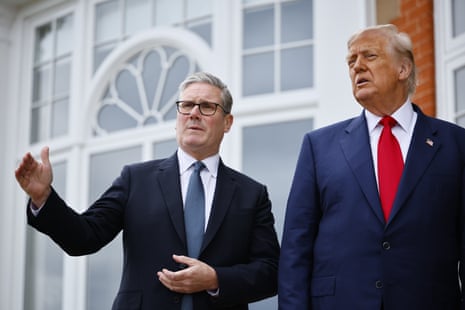
You will find some domestic news lines with heavy focus on migration and the situation in Gaza over on our UK and Middle East blogs below …
… but for us, on Europe live, it’s notable that Trump repeatedly said he was “very disappointed” with Russian president Vladimir Putin.
“I’ve spoken to President Putin a lot. I was I got along with him very well, but five times, and every time, four times maybe, but we’ve had discussions, you and I have had discussions, we thought we had that settled numerous times, and then President Putin goes out and starts launching rockets into some city like Kyiv and kills a lot of people in a nursing home or whatever. …
And I say that’s not the way to do it. So we’ll see what happens with that. I’m very disappointed. I’m disappointed in President Putin, very disappointed in him.
So we’re going to have to look and I’m going to reduce that 50 days that I gave him to a lesser number because I think I already know the answer, what’s going to happen.”
Two more reactions from European leaders come courtesy of our business blog.
Hungary’s prime minister, Viktor Orbán, has long been one of the most divisive voices within the EU, and he wasted no time in criticising European Commission President Ursula von der Leyen for what he described as a worse deal than the UK managed to secure.
According to Reuters, Orbán told a podcast:
This is not an agreement ... Donald Trump ate Von der Leyen for breakfast, this is what happened and we suspected this would happen as the US President is a heavyweight when it comes to negotiations while Madame President is featherweight.
Belgium’s prime minister, Bart de Wever, struck a different tone – firmly placing the blame for tariffs on Donald Trump.
He posted on the social network X:
This is a moment of relief but not of celebration.
I sincerely hope the United States will, in due course, turn away again from the delusion of protectionism and once again embrace the value of free trade – a cornerstone of shared prosperity. In the meantime, Europe must continue to deepen its internal market, cut unnecessary regulation, and forge new partnerships to diversify our global trade network. May Europe become the beacon of open, fair, and reliable trade the world so urgently needs.
Spanish PM supports EU-US deal 'without any enthusiasm'
Meanwhile over in Madrid, Spanish prime minister Pedro Sánchez is the latest to publicly respond to the EU-US agreement, saying wearily he supports the deal “without any enthusiasm”.
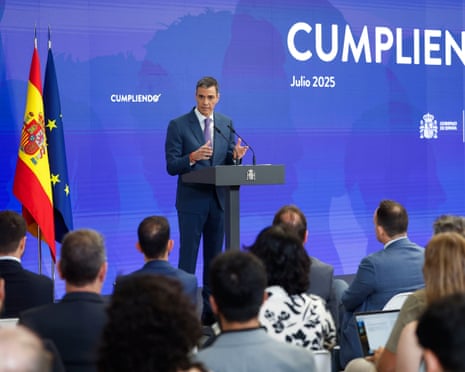
He says that Europe needs to draw lessons from this situation and double down on its plans to achieve strategic autonomy and develop better trade ties with other countries, including the Mercosur bloc.
He says the EU needs to diversify its trade relations with other countries, and he supports von der Leyen’s ambition to get deals with Indonesia and India.
'Best deal under very difficult circumstances,' Šefčovič defends EU-US deal
Responding to some criticism coming from the member states, Šefčovič warns them that the world as we knew it before April, and Trump’s new trade policy, “is gone.”
He says the EU needs to adjust and a strategic deal with the US is the best possibly option.
He repeats that 30% tariffs, the default scenario without the deal, would put companies under dramatic pressure and lead to substantial job losses, potentially eventually putting the EU to negotiate in worse circumstances.
This is the best deal we could get under very difficult circumstances.
Šefčovič adds that the conversation with the US yesterday started with a 30% tariff threat.
He adds that the deal was not only about trade, but also about broader security, Ukraine, and joint response to growing geopolitical volatility through keeping the US on side in future talks.
“I’m 100 percent sure that this deal is better than a trade war with the United States,” he says.
On China, Šefčovič says “despite the strenuous efforts of my colleagues and myself and several long meetings with my Chinese counterpart,” there are growing trade issues with “the list of accumulated issues on the table” not getting any shorter.
He specifically talks about subsidies, access to public procurements, and critical raw materials and export permissions.
Šefčovič also talks about the energy part of the deal, saying that given the EU “will be phasing out the Russian energy supply by 2027, it is very clear that Europe will need to solid, consolidated and reliant supply of energy,” not just LNG, but also oil and nuclear.
He also stresses the importance of working with the US on developing technologies, including high-quality chips for AI.
Šefčovič says the EU’s view is that 15% is “acceptable” if it is “inclusive”, meaning with no stacking tariffs and further changes.
He says that politically the two sides are “opening a new chapter” and “understand each other’s senstiivties, perspectives” better after these negotiations.
Not surprisingly, Šefčovič highlights what he sees as positives of the deal – including on steel, cars and future technologies - and confirms he briefed the member states and members of the European Parliament earlier today.
He stresses that “all in all, this is an agreement which should generate meaningful and mutual benefits, and I hope it will be a stepping stone to a broader EU US trade and investment agreement in the future.”
EU-US deal brings 'renewed stability, opens door to collaboration', EU trade chief says
Šefčovič opens by saying the deal “brings renewed stability and opens door to strategic collaboration.”
He says it’s important to “pause … and consider an alternative.”
He says:
“A trade war may seem appealing to some, but it comes with serious consequences. With at least a 30% tariff, our transatlantic trade would effectively come to a halt, putting close to 5 million of jobs, including those in SMEs in Europe, at grave risk.”
He says that businesses wanted to “avoid escalation and work towards a solution that delivers immediate relief.”
EU trade commissioner briefing the press

Jakub Krupa
EU trade commissioner Maroš Šefčovič’s press briefing is about to start.
You can watch it live below, but I will bring you all the latest updates here.

 3 months ago
40
3 months ago
40
